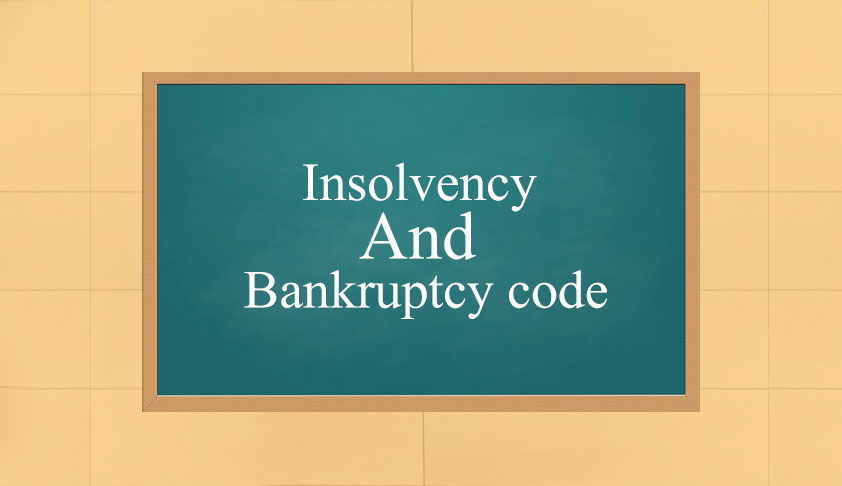SC Bars HC From Hearing The Constitutional Validity Of Insolvency and Bankruptcy Code /NCLT
LIVELAW NEWS NETWORK
25 Jan 2018 11:19 PM IST

Next Story
25 Jan 2018 11:19 PM IST
Supreme Court of India on Thursday directed Gujarat High Court not to enter into the debate pertaining to the validity of the Insolvency and Bankruptcy Code, 2016 or the constitutional validity of the National Company Law Tribunal.The Bench of Chief Justice Dipak Misra and Justices AM Khanwilkar and DY Chandrachud was hearing a petition regarding a pending matter in the Gujarat High Court...
